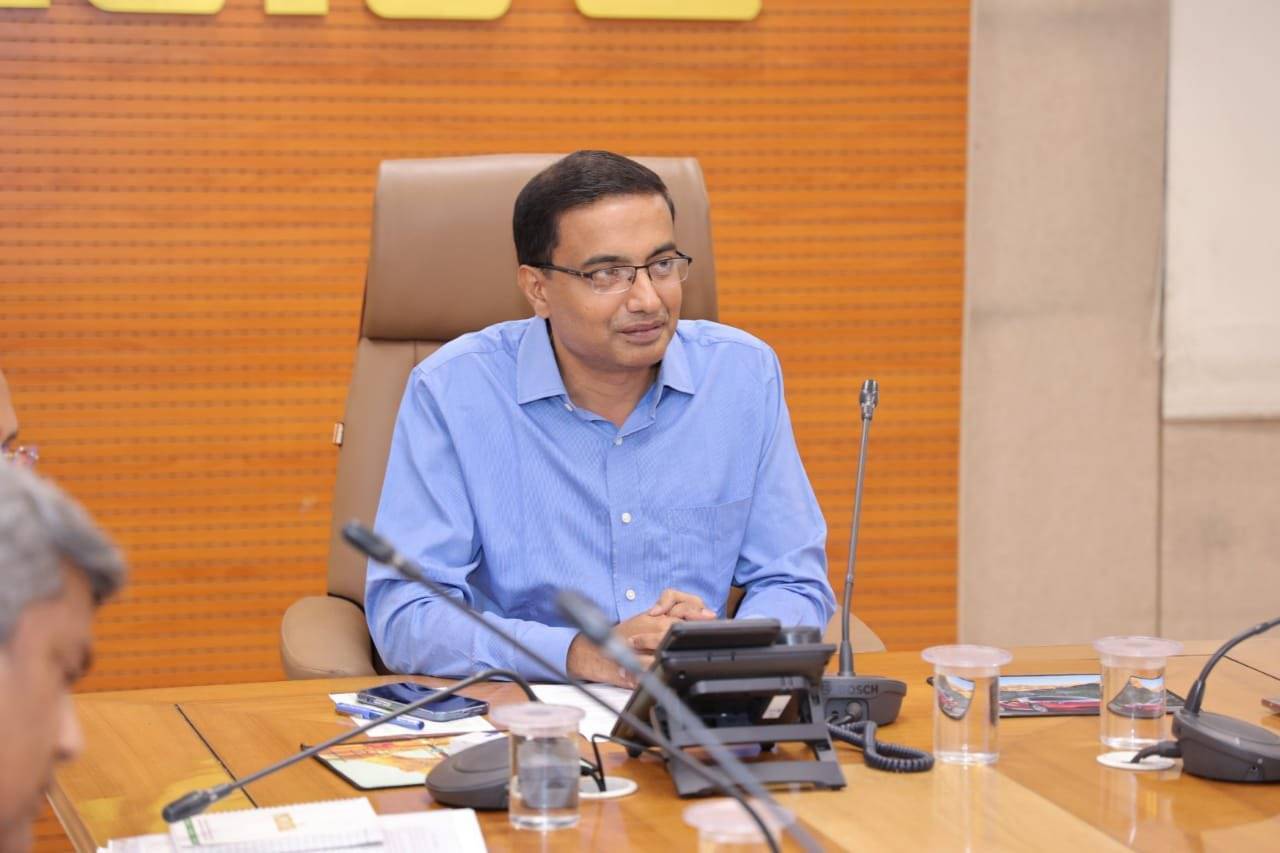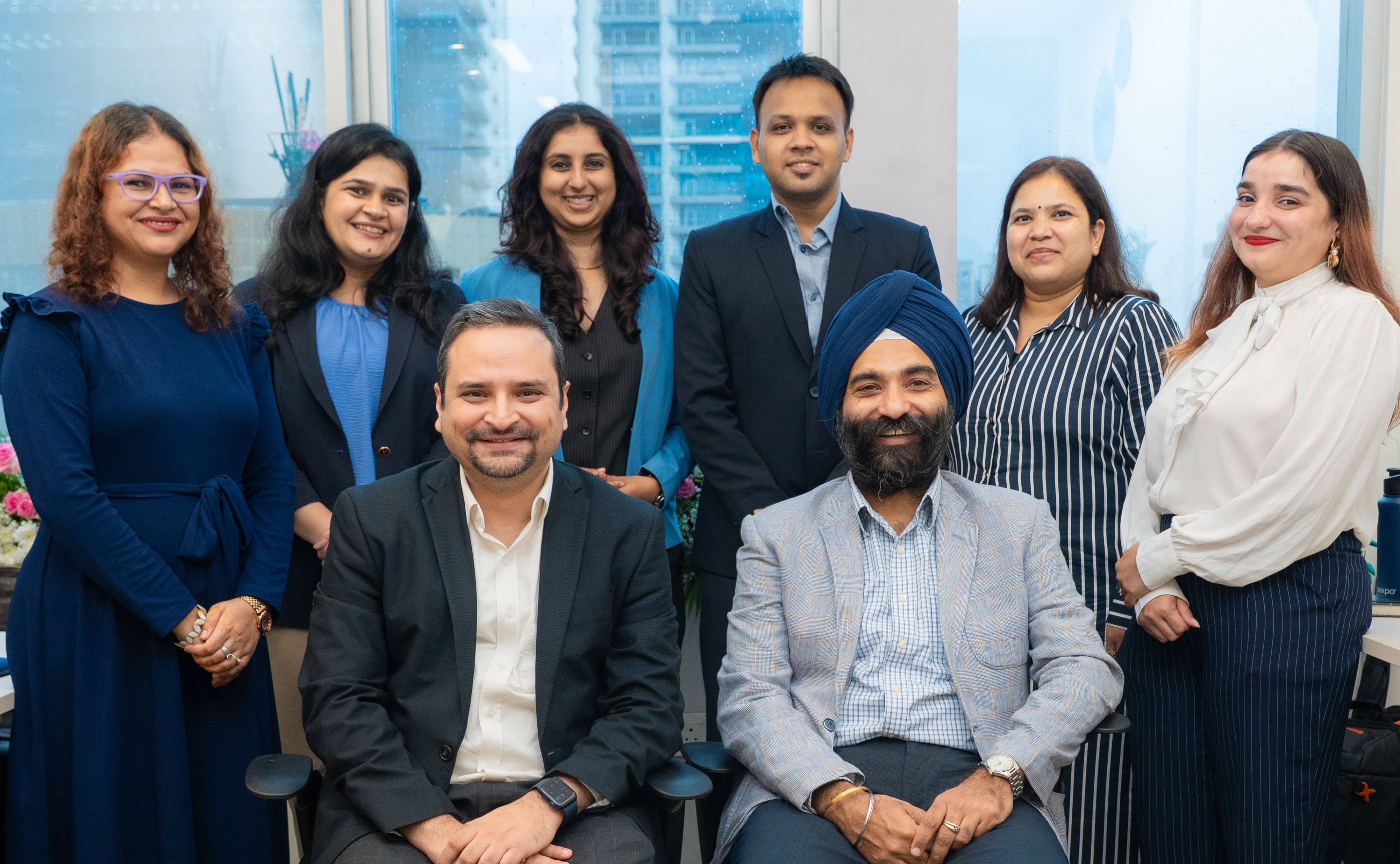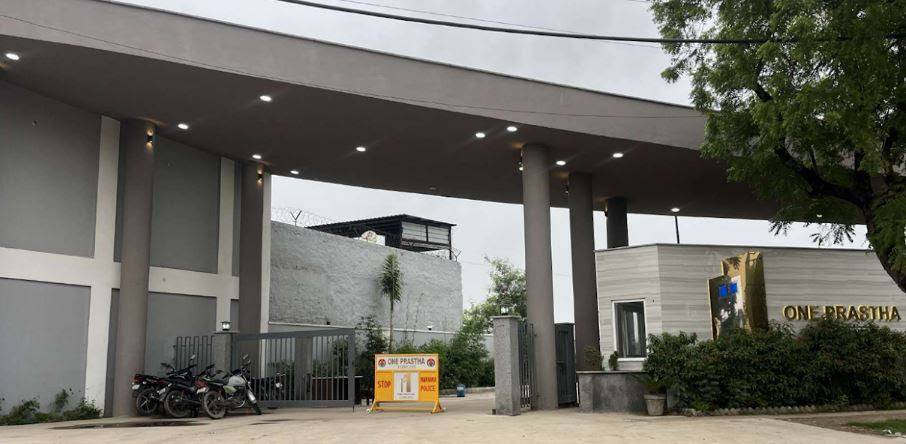The Noida Authority has filed First Information Reports (FIRs) against seven housing societies for allegedly violating environmental norms related to the treatment and disposal of waste within their premises. The action follows inspections by the authority’s environmental and water works teams, which found that the projects had failed to comply with key provisions of the National Green Tribunal (NGT) and associated environmental regulations. Six of these societies have also been fined a total of ₹1.15 crore for their lapses in waste management practices.
According to officials, the societies named in the FIRs include RG Residency in Sector 120, Sikka Karmik Greens in Sector 78, Lotus Boulevard by Granite Gate Properties Pvt. Ltd. in Sector 100, Purvanchal Royal Park in Sector 137, Aims Max Gardenia Golf Ecocity in Sector 75, Prateek Stylome by Prateek Buildtech Pvt. Ltd. in Sector 45, and Amrapali Silicon City in Sector 76. These FIRs have been filed by the water works department of the Noida Authority.
Lokesh M, Chief Executive Officer of the Noida Authority, stated that the inspection teams found serious non-compliance at these sites. “These societies have not installed effluent treatment plants (ETPs) of adequate capacity to treat their sewage and wastewater, which is a violation of the NGT norms. Additionally, untreated wastewater is being discharged into stormwater drains, causing environmental damage. Despite multiple notices and directions to comply, the societies continued to violate the rules,” he said.
The violations are said to breach multiple environmental laws, including the Water (Prevention and Control of Pollution) Act, 1974, the Air (Prevention and Control of Pollution) Act, 1981, and the Solid Waste Management Rules, both 2000 and 2016. The FIRs seek legal action against the management bodies of the respective housing societies, with the intent to initiate corrective measures and ensure environmental compliance going forward.
In terms of financial penalties, the Noida Authority has levied fines based on the severity and scale of the violations. The highest fine of ₹29 lakh has been imposed on Aims Max Gardenia Golf Ecocity. Other penalties include ₹20 lakh for Sikka Karmik Greens, ₹19 lakh for Amrapali Silicon City, ₹18 lakh each for Prateek Stylome and Purvanchal Royal Park, and ₹11 lakh for RG Residency. Lotus Boulevard has not been fined at this stage, though an FIR has been filed.
The Uttar Pradesh Regional Pollution Control Board has also been informed about the violations. Officials from the board are expected to take further action in accordance with environmental laws. A senior official from the authority noted that the FIRs are in line with the orders and directives of the NGT, which mandates strict enforcement of green norms in residential and commercial developments.
However, the move has sparked concern and confusion among residents. Apartment owners’ associations (AOAs) from the affected societies have disputed the claims. Girish Bansal, President of the AOA at Prateek Stylome, said, “A 10-member inspection team from the Noida Authority recently reviewed our effluent treatment system and had found it functioning properly. We are surprised to find ourselves penalised despite adhering to the guidelines. This raises concerns about inconsistent enforcement and lack of clarity.”
Residents’ groups have also called for better awareness and coordination. NP Singh, President of the Gautam Budh Nagar Residents Welfare Associations (RWA) federation, urged the Noida Authority to conduct workshops and awareness drives to educate RWAs and AOAs about environmental compliance. “There is a clear gap in communication. If societies are failing to meet NGT guidelines, the authority should organise technical sessions or training programmes so that compliance is possible through understanding, not just penalties,” he said.
The incident highlights the increasing pressure on urban housing societies to comply with environmental norms and adopt sustainable waste treatment practices. With growing urban density and the environmental toll of untreated sewage and solid waste, authorities are stepping up enforcement actions to safeguard public health and ecological systems.
Developers and resident associations may need to engage more actively with regulatory authorities and environmental consultants to ensure that infrastructure such as sewage treatment plants and solid waste segregation systems are not only installed but are also regularly maintained and audited for compliance. The Noida Authority’s action sets a precedent for stricter monitoring, and may prompt similar scrutiny in other urban centres facing environmental stress.









.png)